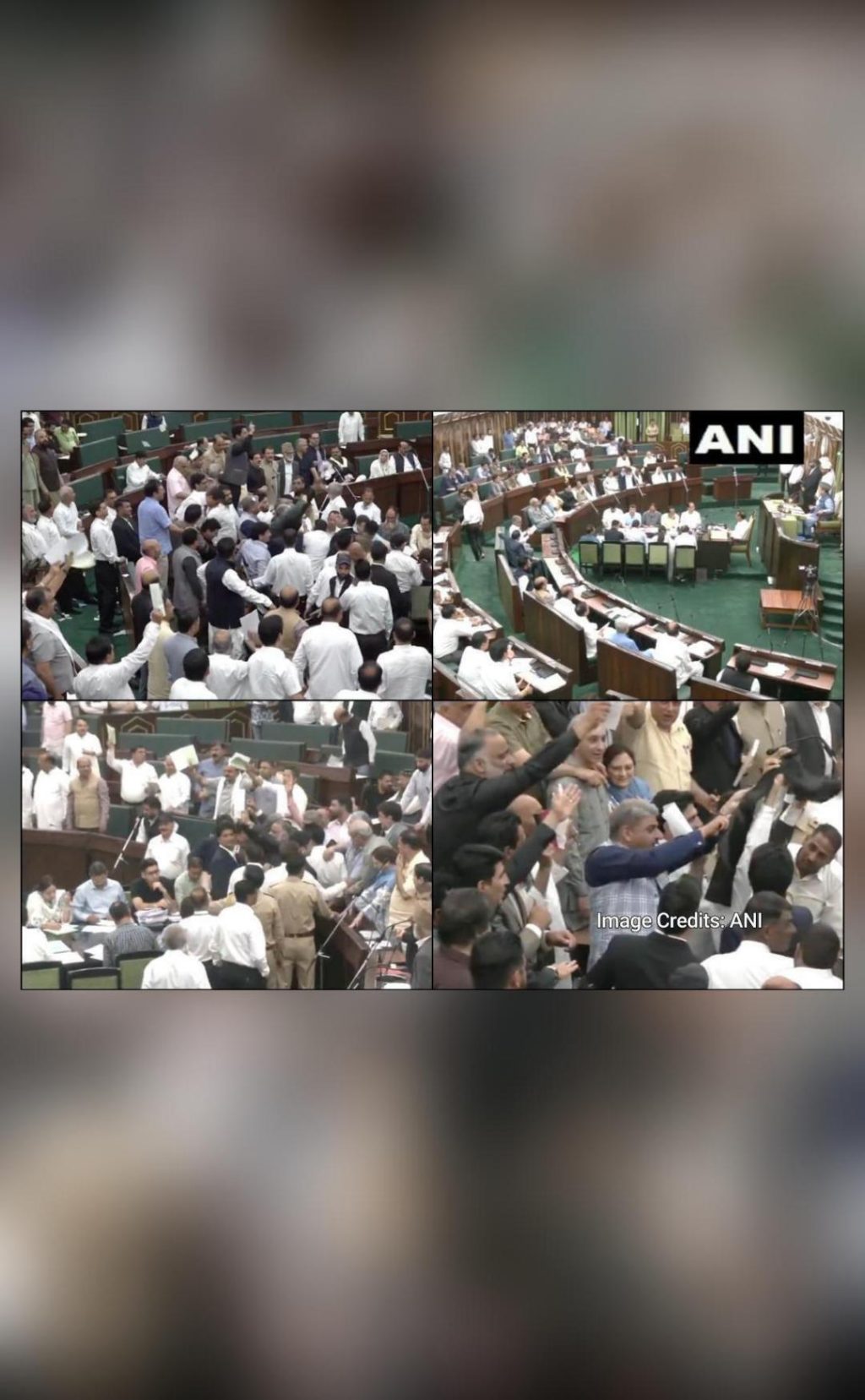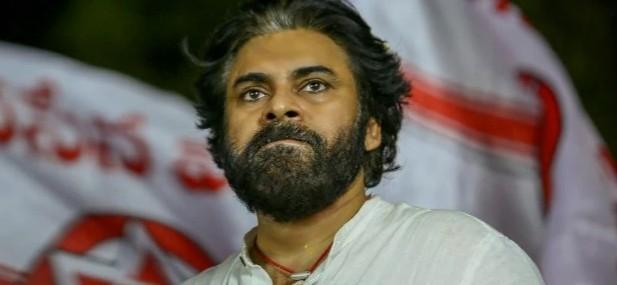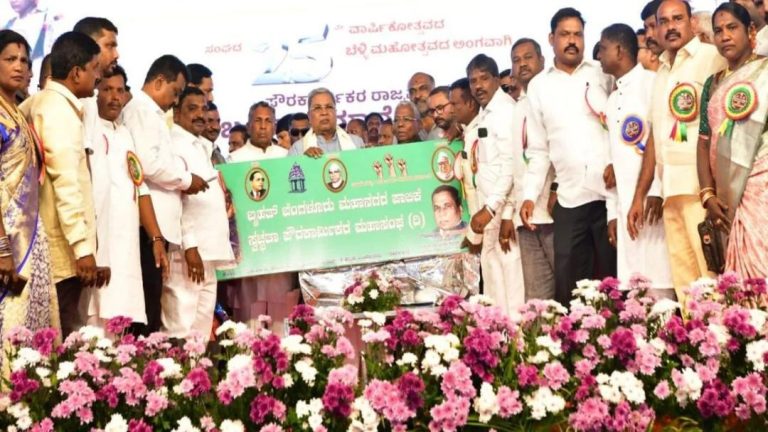
Jammu & Kashmir Assembly adjourned amid uproar over Waqf Act
The Jammu and Kashmir Assembly witnessed a massive uproar on Monday, with the House being adjourned shortly after it began, following a heated debate over the Waqf Act. The adjournment came after Speaker Abdul Rahim Rather denied an adjournment motion moved by National Conference (NC) MLAs to discuss the Waqf Act.
The drama unfolded when NC MLAs, led by party chief Farooq Abdullah, moved an adjournment motion to suspend the Question Hour to discuss the Waqf Act. However, the Bharatiya Janata Party (BJP) MLAs, who are part of the ruling coalition, protested vociferously, demanding that the Question Hour be held as scheduled.
The NC MLAs were seeking to discuss the Waqf Act, which they claimed was being misused by the government to “grab” Waqf properties. The party has been demanding the revocation of the Act, which they say is detrimental to the interests of the people of Jammu and Kashmir.
However, the BJP MLAs, led by their president and MLA Ravinder Raina, opposed the adjournment motion, saying that it was an “unnecessary” demand. They claimed that the Question Hour was an important part of the assembly proceedings and should not be disrupted.
The Speaker, Abdul Rahim Rather, denied the adjournment motion, citing the “importance” of the Question Hour. This led to a heated exchange between the NC MLAs and the Speaker, with the former accusing the latter of being “partial” and “biased”.
The BJP MLAs, meanwhile, raised slogans and demanded that the Speaker take action against the NC MLAs for “disrupting” the House. The situation became so tense that the police had to intervene to maintain order in the House.
As the debate continued, the situation became increasingly chaotic, with MLAs from both sides shouting at each other. The Speaker, unable to maintain order, finally adjourned the House, citing the “unprecedented” situation.
The adjournment of the House was seen by many as a setback to the government’s efforts to push through key legislation, including the Waqf Act. The Act has been criticized by many, including civil society groups and opposition parties, for its alleged “discriminatory” provisions and the “arbitrary” manner in which it has been implemented.
The controversy surrounding the Waqf Act has been brewing for months, with many calling for its repeal. The Act, which was passed in 2019, gives the government the power to regulate Waqf properties, including mosques and imambaras.
Critics of the Act claim that it is being used to “grab” Waqf properties, particularly those that are considered to be of strategic importance. They also claim that the Act is discriminatory, as it only applies to Muslim-majority areas and does not cover Hindu-majority areas.
The BJP, which is a key player in the Jammu and Kashmir government, has been accused of using the Waqf Act to further its own political interests. Opposition parties, including the NC and the Peoples Democratic Party (PDP), have been vocal in their criticism of the Act, calling for its repeal.
The adjournment of the House on Monday has raised questions about the ability of the government to push through key legislation in the face of opposition from the NC and other parties. The government will now have to find a way to placate the opposition and ensure that the Waqf Act is implemented in a manner that is fair and transparent.
In the meantime, the controversy surrounding the Waqf Act is unlikely to die down anytime soon. The Act has become a major flashpoint in the politics of Jammu and Kashmir, with many seeing it as a symbol of the government’s attempts to “divide” the state along religious lines.
As the debate continues, it remains to be seen whether the government will be able to find a way to implement the Waqf Act in a manner that is fair and transparent. One thing is certain, however: the controversy surrounding the Act is unlikely to go away anytime soon.






